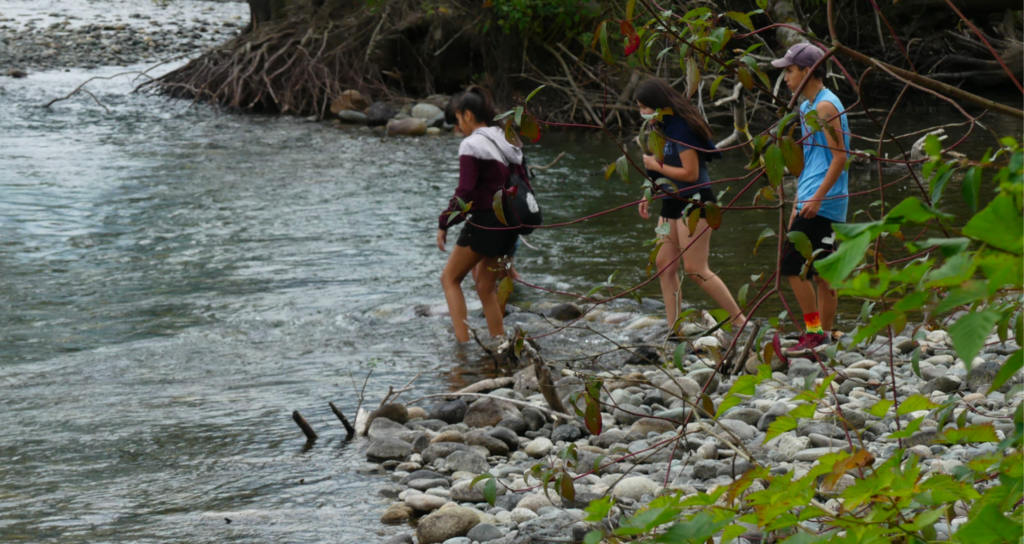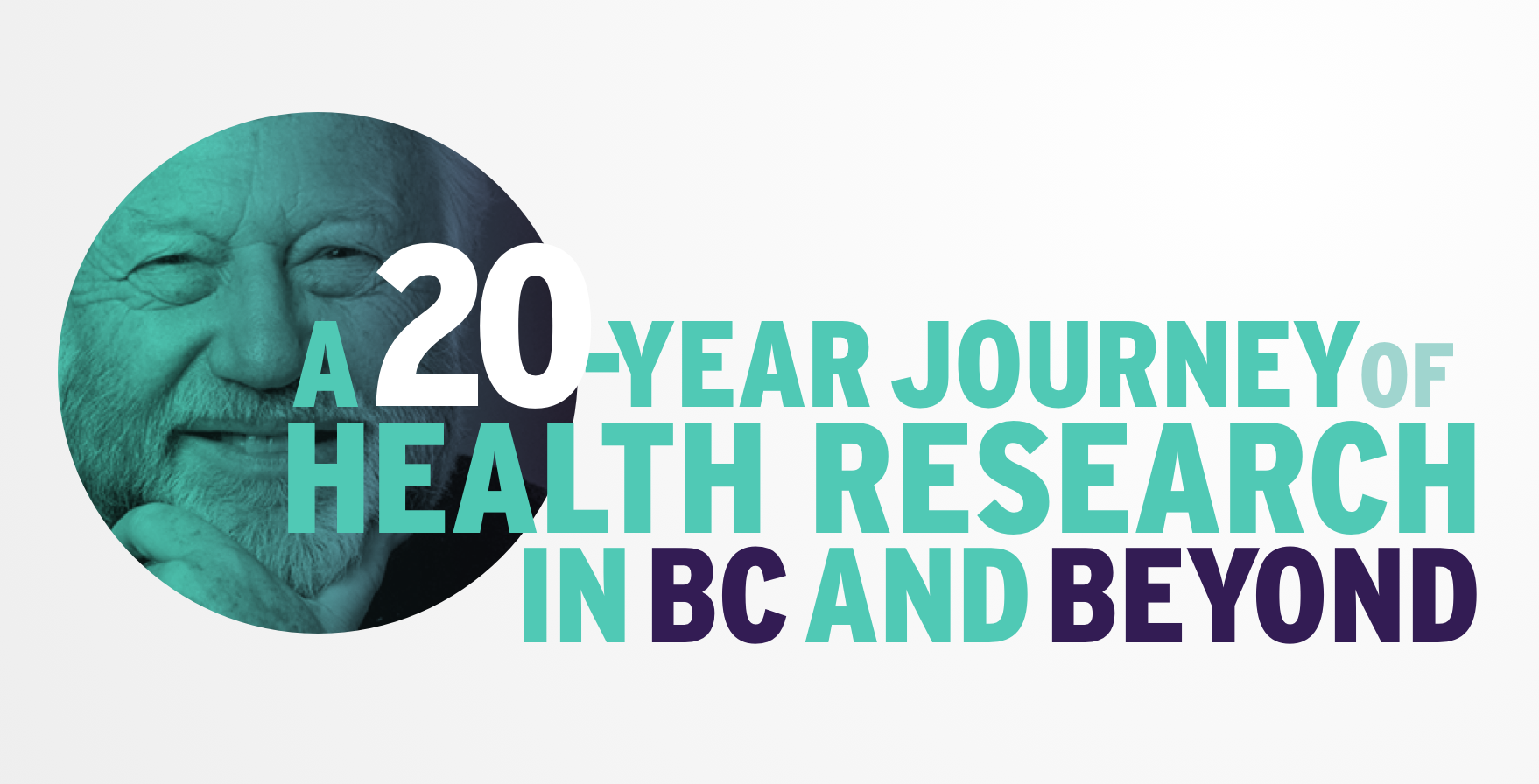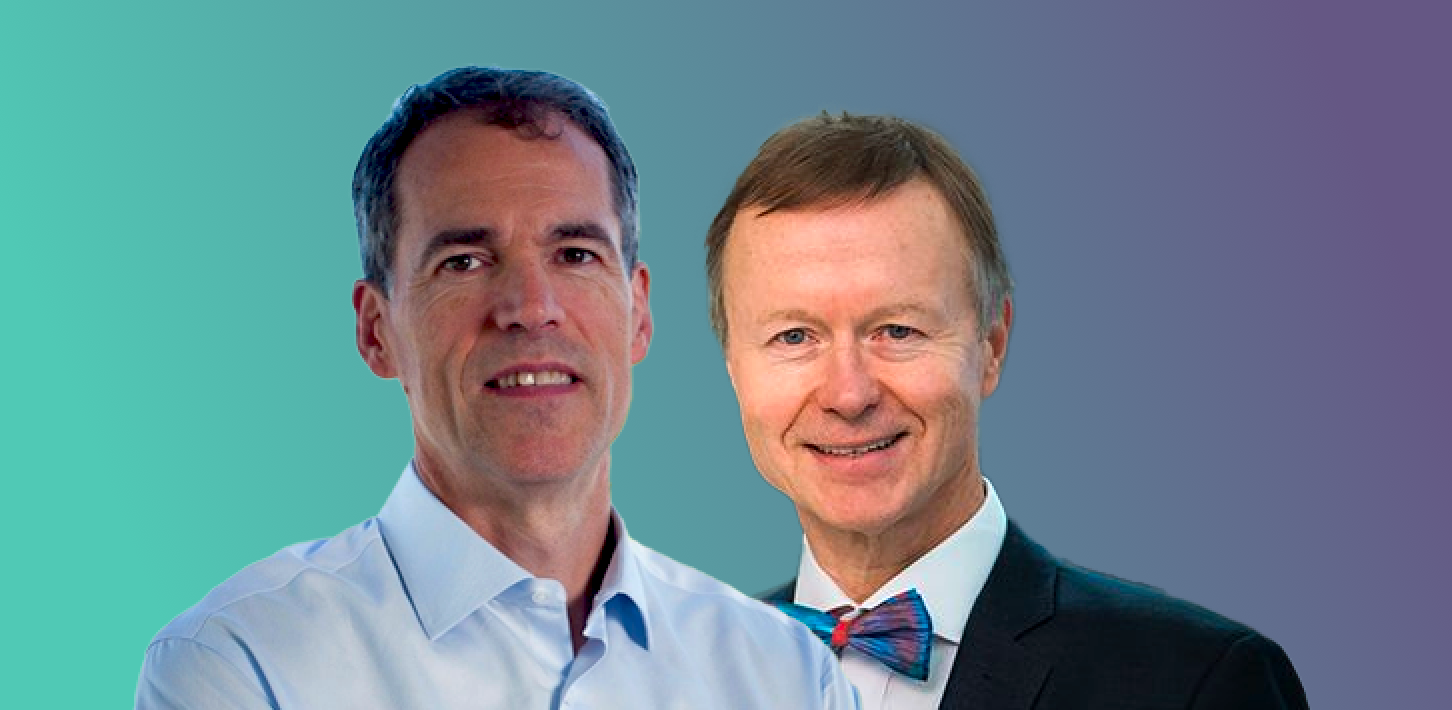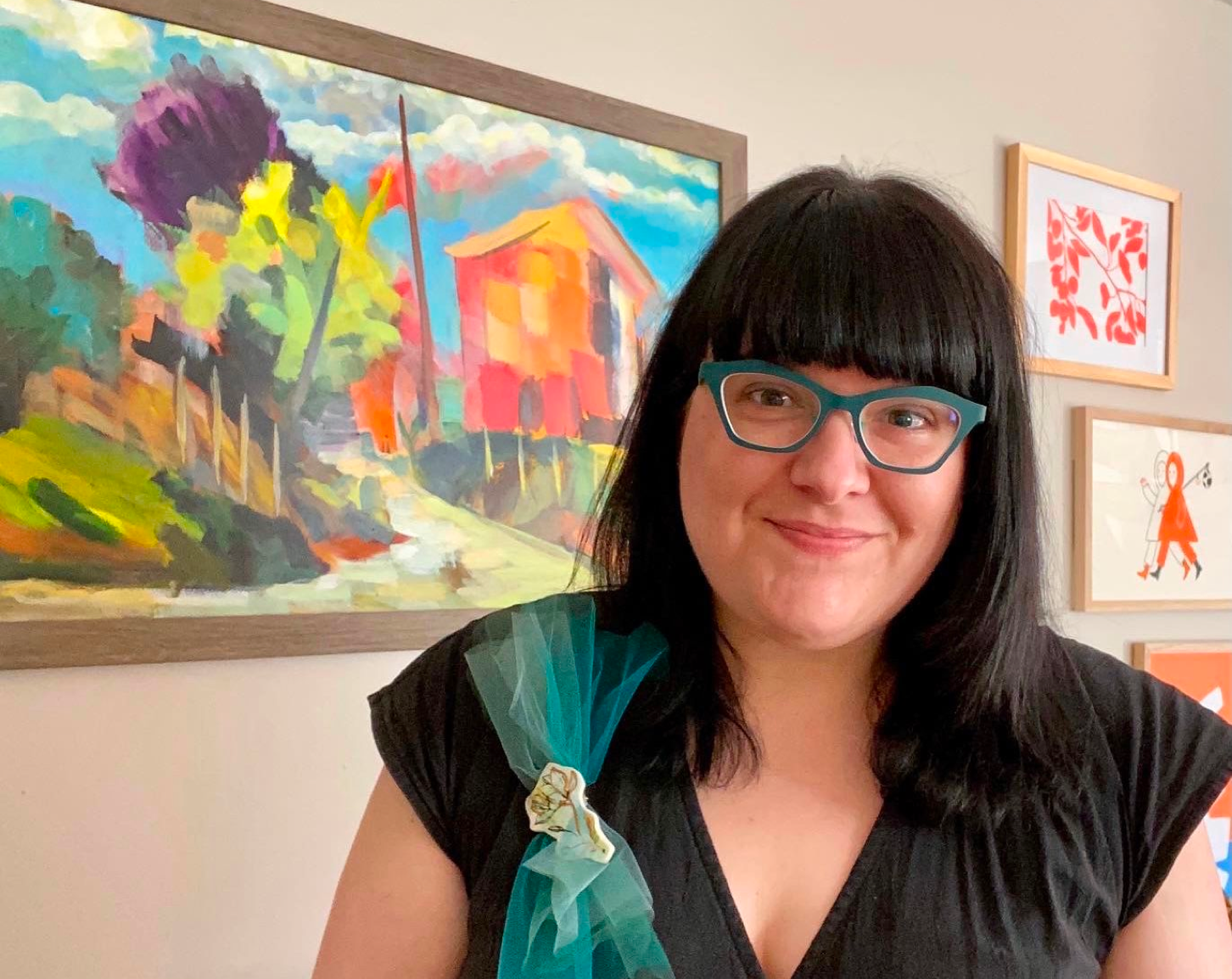A 20-year journey of health research in BC: Sharing cultural knowledge to build youth land-based resiliency
4 August 2021
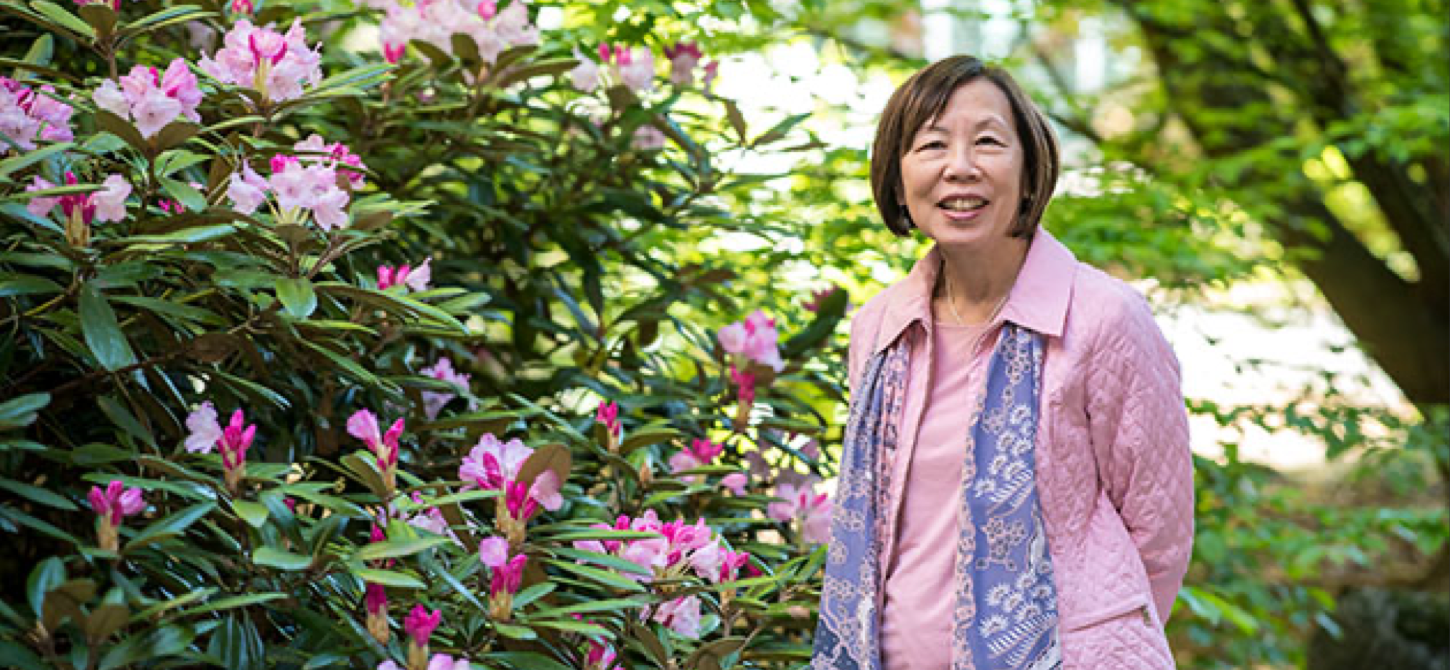
Dr. Adrienne Chan. Photo credit: University of the Fraser Valley
Dr. Adrienne Chan: Sharing cultural knowledge to build youth land-based resiliency
It was a critical gap that Dr. Adrienne Chan saw time and time again in her early career as a social worker in the BC child welfare system: the need for a sense of belonging, identity and community for youth. As her career progressed into the education sector, this gap, along with thoughts about how to help youth build connections to improve their mental well-being, stayed with her. In 2014, when the opportunity arose to lead a youth resiliency health research project that would reconnect First Nations youth to the land and their culture as a primary prevention against suicide, she agreed immediately.
“One of the objectives was to create and document promising practices in ways that the Knowledge Keepers in Indigenous communities could use and share with other communities. The work was based on connections to the land,” says Adrienne, now Professor Emeritus and past Associate Vice-President of Research, Engagement and Graduate Studies at the University of the Fraser Valley.
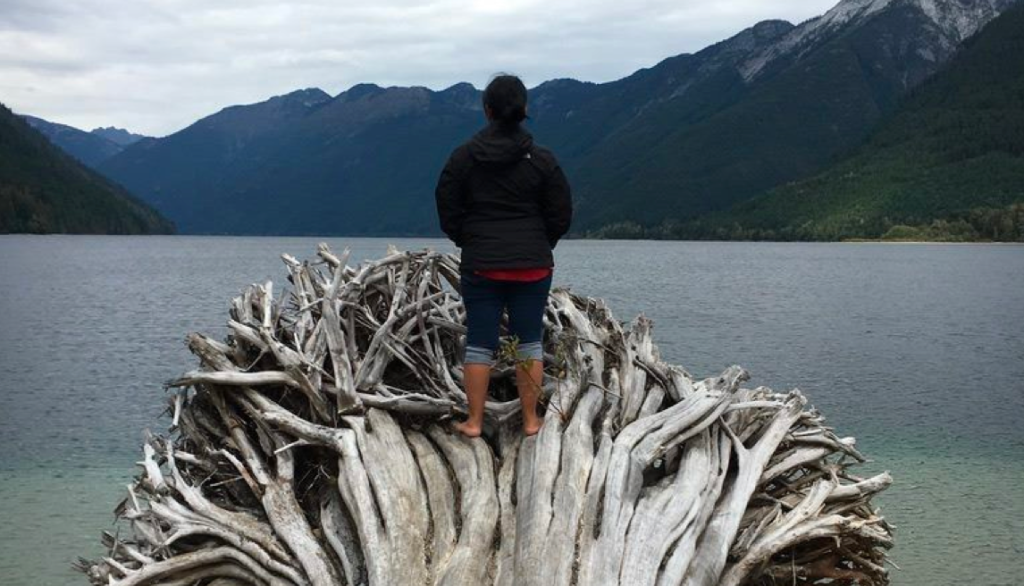
Funded by the Canadian Institutes of Health Research (CIHR) Pathways to Health Equity for Aboriginal Peoples Initiative, Adrienne and the research team prioritized relationship building in the early stages of the youth land-based resiliency project. Over the first 18 months, they developed roots for a partnership with First Nations communities by getting to know each other. Large gatherings were held to learn from everyone who might be involved in the project, share stories, learn about the land, and improve the dialogue between the funders, researchers and community. The team included Adrienne and co-investigators Heather McDonald, Leslie Bonshor, Wenona Victor, Hugh Brody, Dan Reist and Dave Schaepe, and represented the Seabird Island Band, Fraser Health Authority, Stó:lō Nation, Vancouver Coastal Health, and University of the Fraser Valley. In addition to the gatherings, the team met every month and shared weekly calls that helped work through potential challenges.
To support the communities in sharing back the research, the team followed the concept of two-eyed seeing, viewing knowledge through Indigenous ways of knowing and being and Western knowledge to find a common path forward.
As the project scope solidified and the first phase began to wrap up, Adrienne found herself navigating different granting and funding systems, and needed to understand what could be done to keep the project moving forward. At MSFHR, she found a supportive partnerships team that took the time to talk through the project and confirm what could be funded. Based on this support, Adrienne and the team submitted an application and received additional funding from MSFHR in 2017 for phase two of the project.
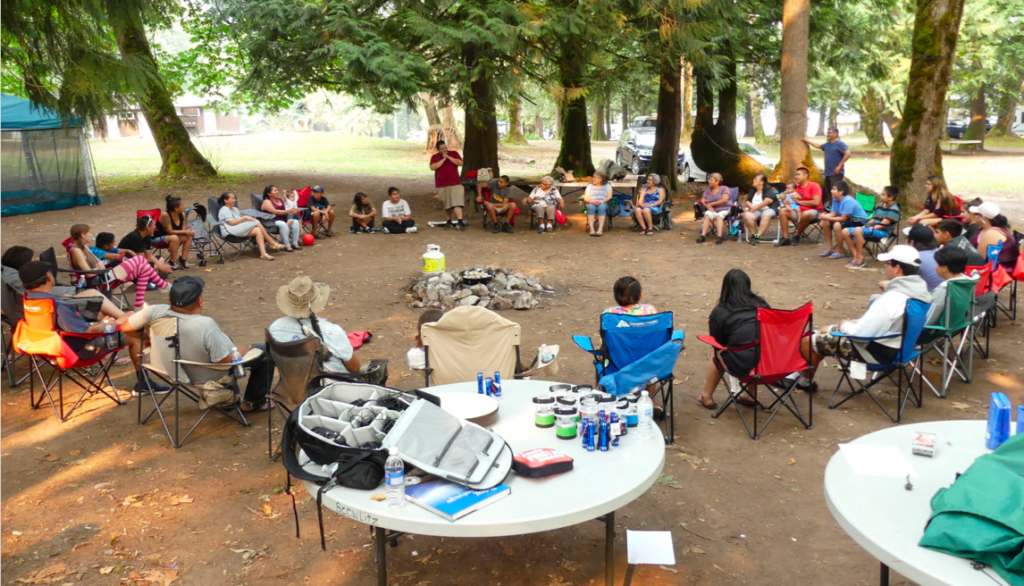
Over the next three years, Adrienne and the team implemented the project’s suicide prevention program at Seabird Island Band, Sq’ewlets Nation, Semá:th Nation, Yakweakwioose Nation and Mission Friendship Centre. As connections were built, other Indigenous partners joined the core team, including Dr. Alanaise Goodwill from Simon Fraser University as another principal co-investigator and Nikki LaRock, band councillor for the Stó:lō community of Yakweakwioose Nation. Guided by elders, families, community leaders, chiefs, youth peers and Indigenous research assistants in the respective communities, youth spent four days camping in the Fraser Valley while completing land stewardship activities determined by the community during the first phase of the project. At the camp, they were taught Indigenous language and use of plant medicine, and took part in circle learning, ceremonial swims, basket weaving and more. These were all land-based activities.
“We worked with the concept of the knowledge basket — that the knowledge already exists and is coming back to Indigenous communities in a different way. It was fundamental that we too learned to talk about knowledge in a different way.”
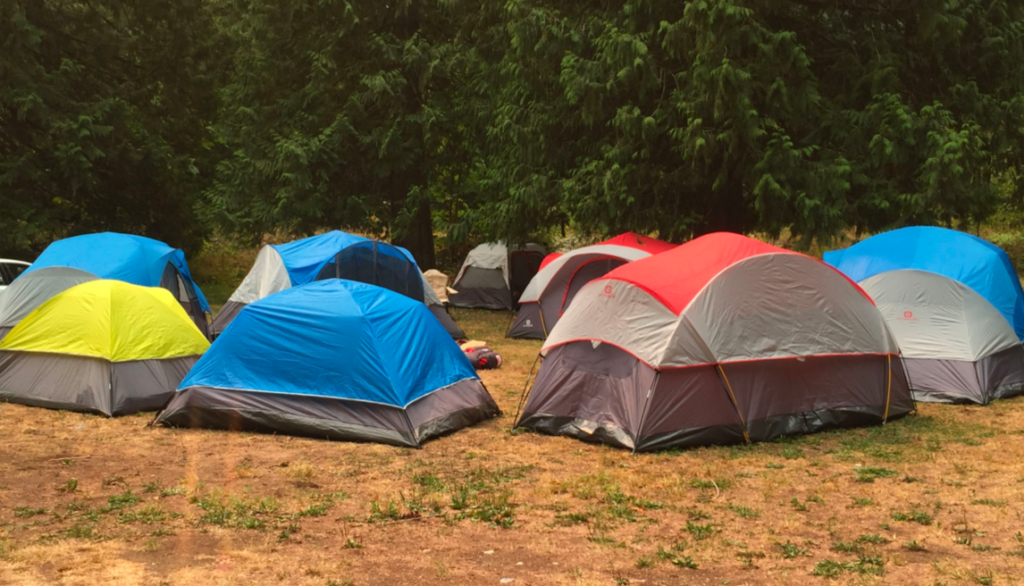
Adrienne credits MSFHR’s flexibility as a funder, particularly in its openness to a project being measured through non-Western terminology. To support the communities in sharing back the research, the team followed the concept of two-eyed seeing, viewing knowledge through Indigenous ways of knowing and being and Western knowledge to find a common path forward. The use of words such as “data” and “analysis” were not used. Instead, the team favoured Indigenous research methods, and used terms such as learning, sharing and storytelling, which helped to elevate cultural connectedness.
Adrienne explains that highlighting the importance of and connection to the land for the Indigenous youth was an opportunity to help them feel more grounded and responsible for belonging and contributing to the health and life of the land. “For Indigenous Peoples, wellness is connected to culture. The youth felt that the connection to the land is healing,” she says. Youth participants shared stories about feeling like they were in a relationship with the land and saw value in exploring their own territories and learning the meaning of those places. The project recently wrapped up in early 2021, and the team is working on next steps. There are some legacy projects ongoing.
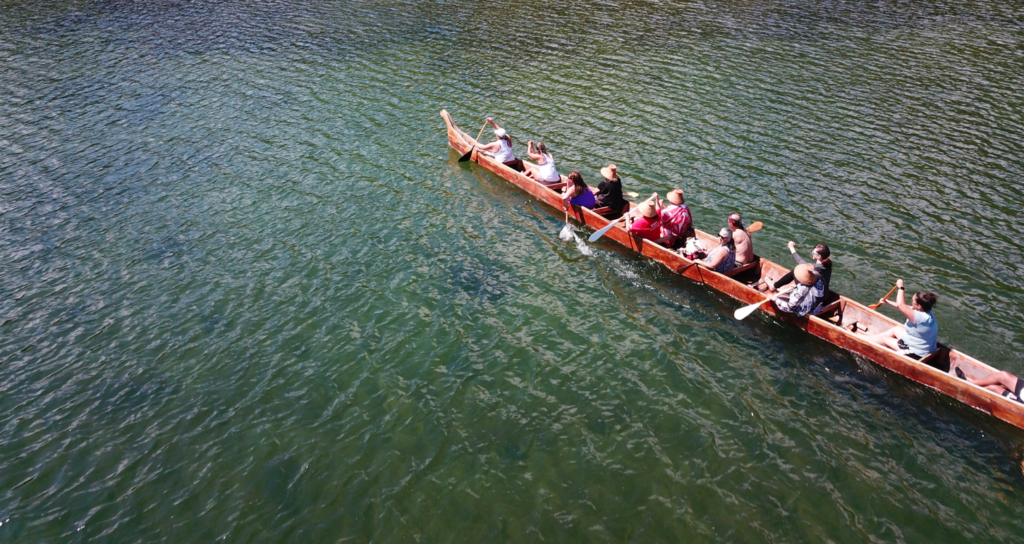
For Adrienne and the researchers, there was a feeling of shared responsibility to decolonize research and challenge assumptions about colonial thoughts to keep the dialogue open between the researchers and participants. “We worked with the concept of the knowledge basket — that the knowledge already exists and is coming back to Indigenous communities in a different way. It was fundamental that we too learned to talk about knowledge in a different way. I am grateful for having learned so much from youth, elders, Chiefs, and our Indigenous team members.”
